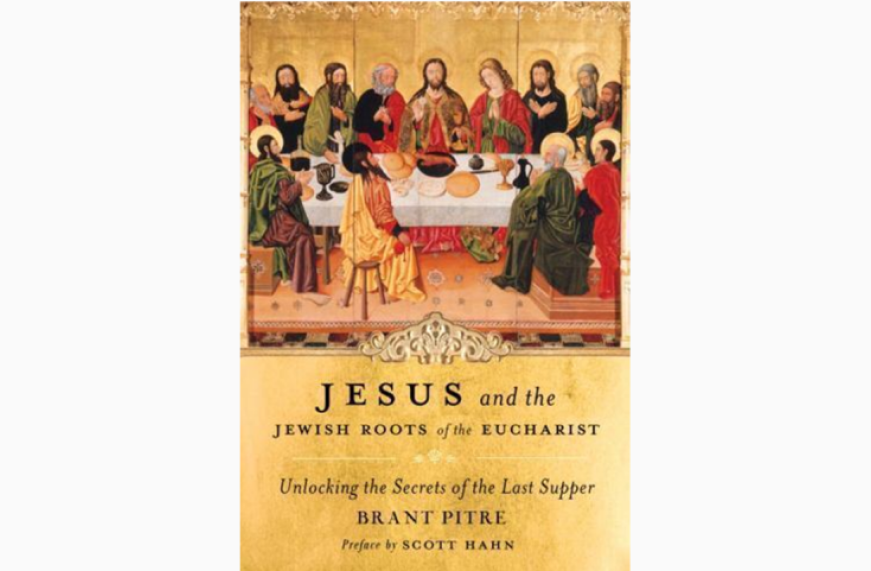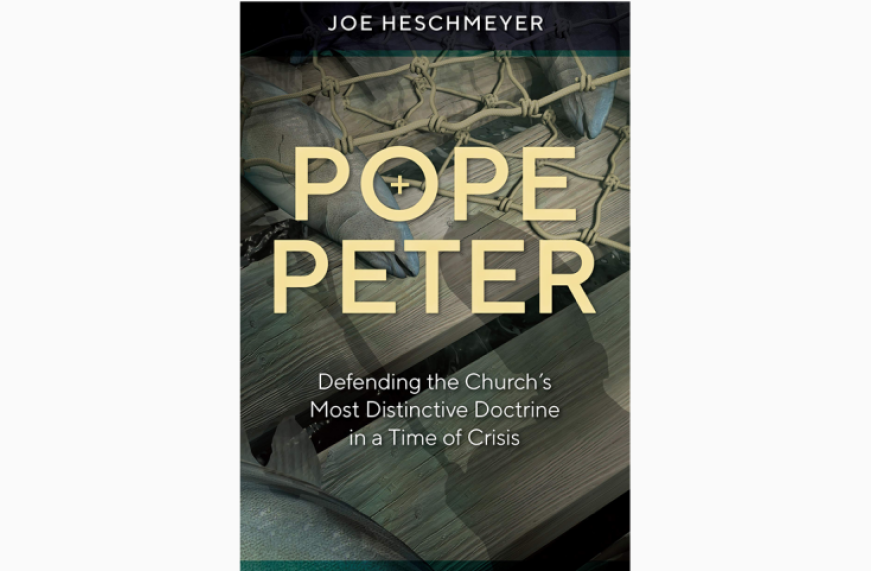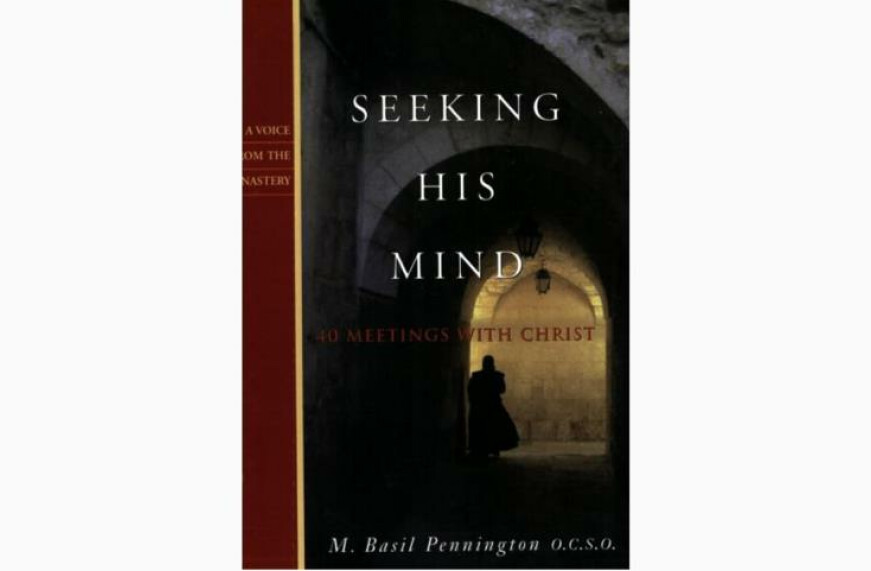Author: M. Basil Pennington O.C.S.O.
Spirituality : Advanced spirituality (This is my subjective thinking.)
The author of "Seeking His Mind," M. Basil Pennington O.C.S.O., is a Trappist monk and priest who received his pontifical degree when I was 4 years old…and that is a long time ago! This book is for those to whom a fire has been started in their hearts. It is for those who wish to take the next step in their spiritual development.
Basil Pennington is a well-known spiritual leader in the Thomas Merton tradition. He offers the gambit of prayer styles from traditional to centering prayer. In this book, he uses the ancient practice of Lectio Divina as a means of spiritual advancement and illumination.
Lectio Divina is a way of approaching the scriptures and reflecting on them to transform your soul. The author uses 40 different scripture passages and offers reflections that will help facilitate our response to God’s love for us.
Each of the forty scripture quotes is followed by a mini-homily of sorts and finishes with answering the question, “What does this mean to me?” Pennington is not afraid to tackle difficult scripture passages and explore areas that may be a bit tender to us. The book is divided into three sections, Beginnings, Teaching and Healing, and Passion and Resurrection.
Each chapter is short reading and the time spent on them is to be more contemplative than explanatory. As this type of journey doesn’t appeal to everyone, all I can say is that if you experienced the 1% Challenge that the Archdiocese has offered and were changed and looking for more, this book is it.



